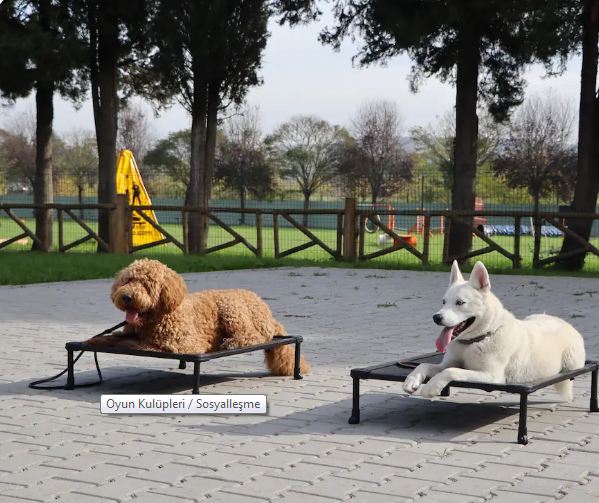
Socialization is one of the most critical aspects of a dog’s development and overall well-being. It refers to the process of exposing a dog to various environments, people, animals, and experiences in a positive and controlled manner. Proper socialization lays the foundation for a well-behaved, confident, and happy dog. In this article, we will explore the importance of socialization, the key stages of social development in dogs, and effective strategies for ensuring your dog becomes a well-adjusted member of your family and community.
Why Socialization Matters
Socialization shapes a dog’s behavior and attitude towards new situations, reducing the likelihood of fear, aggression, and anxiety. Well-socialized dogs are less likely to exhibit behavioral problems such as excessive barking, biting, or destructive tendencies. Additionally, socialized dogs are more adaptable to changes in their environment, making them better companions in various settings, from urban parks to crowded events.
Proper socialization also strengthens the bond between you and your dog. By introducing your dog to new experiences and reinforcing positive behaviors, you build trust and confidence. This foundation is essential for effective training and a harmonious relationship.
Key Stages of Socialization
1. The Critical Socialization Period (3-14 Weeks)
The first few months of a puppy’s life are the most important for socialization. During this period, puppies are naturally curious and open to new experiences. Exposing them to a variety of stimuli—such as different sounds, textures, people, and other animals—can help them develop a positive outlook on the world around them.
2. Juvenile Stage (3-6 Months)
As puppies grow, their confidence and independence increase. Continued socialization during this stage ensures that positive associations formed earlier are reinforced. Gradual exposure to more complex environments and situations, such as walks in busy streets or interactions with unfamiliar dogs, is crucial.
3. Adolescent and Adult Stages
Socialization should not stop after the puppy phase. Adult dogs can still benefit from exposure to new experiences, especially if they missed early socialization. However, patience and consistency are key when working with older dogs, as they may take longer to adapt to unfamiliar situations.
Effective Socialization Strategies
1. Start Early
Introduce your puppy to different environments, sounds, and sights as soon as it is safe. Ensure all interactions are positive and rewarding.
2. Use Positive Reinforcement
Reward your dog with treats, praise, or play whenever they respond calmly and confidently to new experiences. Positive reinforcement helps create lasting positive associations.
3. Organize Playdates
Arrange controlled interactions with other dogs and puppies to help your dog learn appropriate social behaviors. Supervised play ensures safety and prevents negative experiences.
4. Enroll in Puppy Classes
Professional puppy training classes provide structured opportunities for socialization and basic obedience training. They also help you learn effective techniques to manage your dog’s behavior.
5. Gradual Exposure
Introduce your dog to new experiences gradually. For example, start with a quiet park before progressing to busier areas. This helps prevent overwhelming your dog and reduces the risk of fear or stress.
6. Monitor Body Language
Learn to recognize signs of stress or discomfort in your dog, such as tail tucking, yawning, or avoiding eye contact. If your dog seems uneasy, take a step back and reintroduce the experience more slowly.
Common Challenges in Socialization
Some dogs may face difficulties during socialization due to genetics, past trauma, or lack of early exposure. In such cases, working with a professional dog trainer or behaviorist can be highly beneficial. They can provide tailored guidance and strategies to help your dog overcome specific challenges.
Conclusion
Socialization is a lifelong process that requires patience, consistency, and dedication. By investing time and effort into proper socialization, you can help your dog grow into a confident and well-behaved companion. Remember, every positive experience contributes to your dog’s overall happiness and strengthens the bond you share. Start early, stay consistent, and enjoy the rewarding journey of raising a well-socialized dog.

